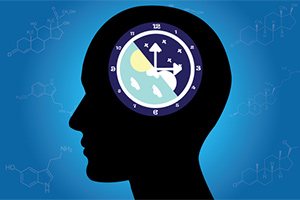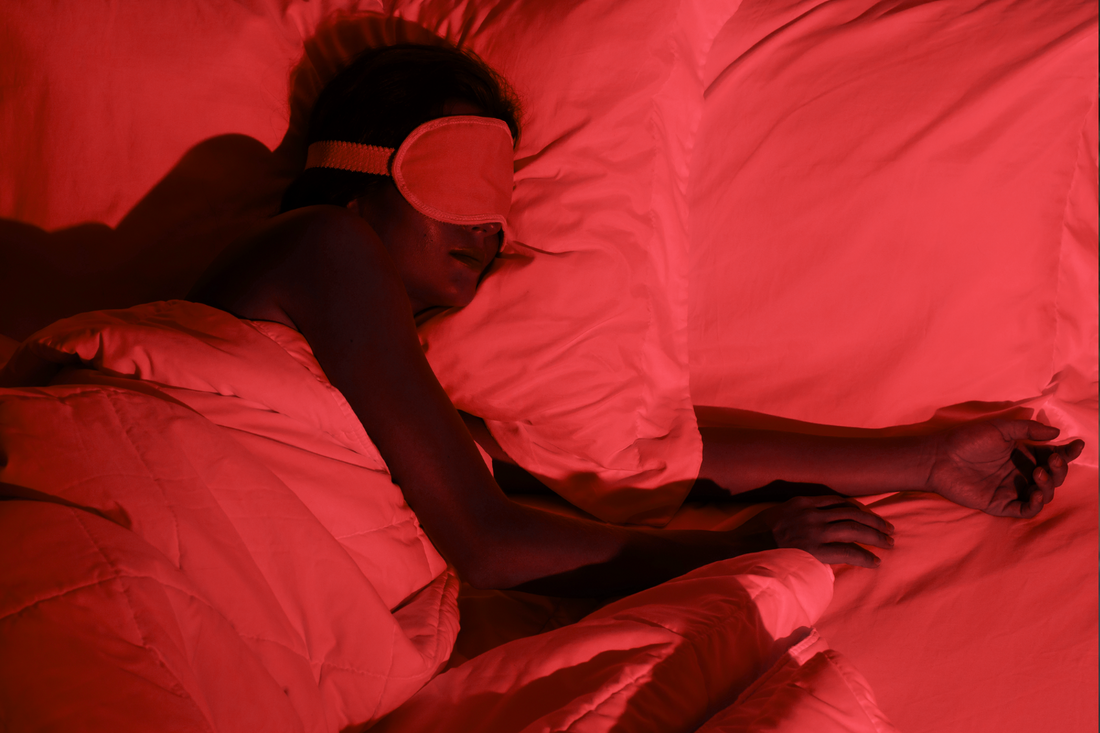Experienced Insomnia Specialist - Personalized Look After Better Sleep
Reliable Therapy Solutions for Managing Rest Disorders and Enhancing Peaceful Rest
In the world of medical care, the administration of rest problems and the quest for peaceful sleep are pivotal elements of general health. Reliable therapy options provide a complex method to tackle these obstacles, ranging from cognitive behavior treatments to holistic methods that promote relaxation and mindfulness. The exploration of different strategies, consisting of the combination of medication and light therapy, opens up a realm of opportunities in the pursuit of far better sleep top quality. As we browse the intricate landscape of sleep conditions and seek to improve our sleep experience, a deeper understanding of these treatment options may hold the secret to opening a much more refreshing and satisfying corrective journey.
Cognitive Behavioral Treatment for Sleeping Disorders (CBT-I)
Cognitive Behavior Treatment for Sleeping Disorders (CBT-I) is a structured, evidence-based therapy technique that focuses on dealing with the hidden factors adding to rest disturbances. This kind of therapy aims to change behaviors and ideas that exacerbate sleeplessness, ultimately promoting healthy sleep patterns. CBT-I normally involves a number of vital elements, consisting of cognitive therapy, rest restriction, stimulus control, and sleep health education.
Cognitive therapy aids individuals identify and change adverse idea patterns and ideas regarding sleep that may be hindering their capability to drop or stay asleep. Sleep constraint involves restricting the quantity of time invested in bed to match the individual's real sleep period, consequently boosting sleep efficiency (insomnia therapy). Stimulation control strategies aid establish a solid organization in between the bed and rest by urging individuals to head to bed just when drowsy and to prevent involving in stimulating tasks in bed
Additionally, sleep health education and learning concentrates on developing healthy rest practices, such as keeping a regular rest schedule, developing a relaxing bedtime regimen, and optimizing the rest setting. By attending to these factors adequately, CBT-I provides an effective non-pharmacological treatment for taking care of insomnia and boosting overall rest top quality.
Rest Hygiene Practices
Having established the structure of cognitive restructuring and behavior modifications in addressing sleep problems via Cognitive Behavioral Therapy for Sleeping Disorders (CBT-I), the focus currently moves towards discovering crucial Sleep Health Practices for preserving ideal sleep high quality and total wellness.
Sleep hygiene techniques encompass a variety of habits and ecological aspects that can significantly affect one's capacity to sleep and remain asleep throughout the evening. Consistent sleep and wake times, producing a relaxing going to bed regimen, and optimizing the rest atmosphere by maintaining it dark, quiet, and cool are essential elements of great sleep health. Limiting direct exposure to displays before going to bed, staying clear of energizers like caffeine close to bedtime, and participating in regular exercise throughout the day can likewise promote far better rest quality.
In addition, practicing relaxation strategies such as deep breathing exercises or meditation before bed can assist soothe the mind and prepare the body for sleep. By incorporating these sleep health techniques right into one's day-to-day regimen, individuals can establish a healthy sleep pattern that sustains relaxed sleep and general health.
Relaxation Methods and Mindfulness
Implementing relaxation techniques and mindfulness practices can play a critical role in cultivating a feeling of calm and promoting quality sleep. Additionally, directed imagery can help carry people to a calm area in their minds, helping in tension decrease and boosting rest high quality.
By including these methods into a bedtime regimen, people can signal to their bodies that it is time to prepare and loosen up for sleep. In general, integrating relaxation methods and mindfulness practices can significantly contribute to handling rest problems and improving total rest top quality.

Medication Options for Sleep Disorders
After checking out leisure methods and mindfulness techniques as non-pharmacological treatments for our website enhancing rest top quality, it is necessary to take into consideration medication choices for people with rest problems. In instances where lifestyle changes and therapy do not give adequate alleviation, medicine can be a valuable device in managing sleep disturbances.
Generally suggested medications for sleep disorders include benzodiazepines, non-benzodiazepine hypnotics, antidepressants, and melatonin receptor agonists. Antidepressants, such as trazodone, can be beneficial for individuals with co-occurring clinical depression and rest disruptions - sleep deprivation help.
It is see this page critical for individuals to consult with a healthcare provider to establish the most proper medicine option based upon their specific rest disorder and case history.
Light Treatment for Body Clock Regulation
Light therapy, also called phototherapy, is a non-invasive therapy approach used to regulate circadian rhythms and boost sleep-wake cycles. This treatment involves direct exposure to brilliant light that simulates natural sunlight, which aids to reset the body's body clock. By revealing people to particular wavelengths of light, usually in the morning or night relying on the desired result, light therapy can successfully readjust the body clock to promote wakefulness during the day and improve restful sleep in the evening.
Study has shown that light therapy can be especially helpful for people with circadian rhythm problems, such as postponed sleep stage disorder or jet lag. It can likewise be valuable for those experiencing seasonal affective disorder (SAD), a kind of clinical depression that usually occurs throughout the winter months when natural light exposure is minimized. Light treatment is usually well-tolerated and can be used in combination with various other therapy methods for rest disorders to maximize end results and enhance total rest high quality.
Conclusion
Finally, efficient therapy options for handling sleep disorders and boosting relaxing sleep include Cognitive Behavioral Treatment for Sleep Problems (CBT-I), sleep health methods, leisure strategies and mindfulness, medication choices, and light therapy for body clock regulation. These approaches can assist individuals improve their rest quality and total well-being. It is very important to seek advice from a doctor to identify one of Web Site the most ideal strategy for attending to rest problems.
As we navigate the complex landscape of sleep disorders and look for to improve our sleep experience, a much deeper understanding of these treatment solutions might hold the secret to opening a much more refreshing and fulfilling restorative journey.
Rest restriction includes limiting the amount of time spent in bed to match the individual's real sleep period, therefore boosting rest performance. Regular sleep and wake times, developing a relaxing going to bed regimen, and maximizing the rest setting by maintaining it dark, silent, and cool are important parts of great rest health. Light therapy is normally well-tolerated and can be utilized in combination with other therapy methods for sleep conditions to maximize results and boost total sleep quality.
